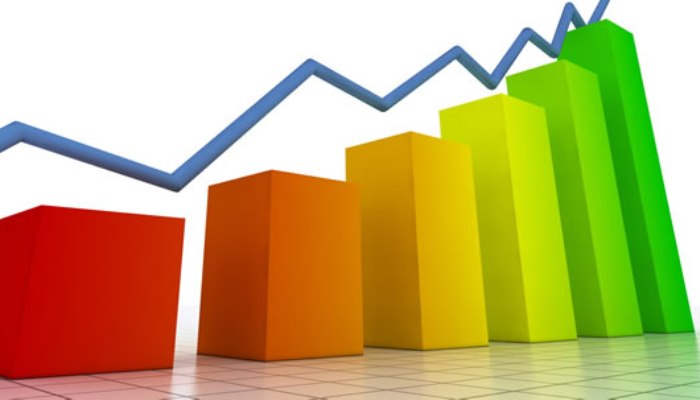According to ZenithOptimedia’s new Advertising Expenditure Forecasts, global ad spend is expected to grow 4.4% to reach US$544bn in 2015, and will accelerate to 5.3% growth in 2016, boosted by the 2016 Summer Olympics in Rio and the US Presidential elections.
The ad spend is then expected to slow down slightly in the absence of these events, growing 4.8% in 2017.
ZenithOptimedia has, however, reduced its forecasts for ad spend growth in 2015 and 2016 by 0.5 and 0.3 percentage points respectively, primarily due to the deepening recession in Russia, Ukraine and Belarus, and a slowdown in growth in China. The agency states that its forecasts for each year are above the average annual growth rate for the last 20 years (4.2%), and well ahead of the average for the last 10 years (2.8%).
Online video is the fastest-growing advertising category
It also forecasts online video to be the fastest-growing advertising category, thanks to the explosion of mobile video consumption and the spread of internet-connected devices, such as smart TVs and games consoles. It stated, ‘Smartphones have bigger and better displays, and transmission technologies like 4G are improving connection speeds, making it possible for consumers to watch high-quality video content wherever and whenever they choose.’ According to the Ooyala Global Video Index, mobile devices accounted for 34% of all online video plays in Q4 2014, up from 17% a year earlier.
“Online video combines the emotional connection of television with the efficient targeting and measurable effectiveness of digital display. While television will remain dominant for many years to come, advertisers are increasingly utilising online video as an invaluable complement, giving them new opportunities to communicate brand values to consumers,” said Steve King, ZenithOptimedia’s CEO, Worldwide.
The report also lists down key factors that will impact ad spend globally, some of them being the deterioration in Eastern Europe and the conflict in Ukraine which has seen withdrawal of international investments post several sanction imposed.
The report started, ‘These shocks have been exacerbated by a sharp drop in the price of oil, which accounts for 70% of Russia’s exports, and devaluation of the Ukrainian and Russian currencies. These problems have since spread to Belarus, whose main trading partner is Russia, by some distance. International advertisers have responded by rapidly reducing their exposure to these markets, while domestic advertisers have been forced to cut their budgets to minimise their losses.’
It report also explains how the Chinese economy is starting to slow after years of blistering growth – the technology gap with mature markets has narrowed, making productivity growth harder to come by; China’s previous debt-fuelled growth has left it with a large repayment burden; and the property sector is burdened by a large amount of unsold property. However, it is still growing at rates most other countries would regard with envy: GDP grew 7.4% in 2014 and the government has set a target of 7.0% growth in 2015.





